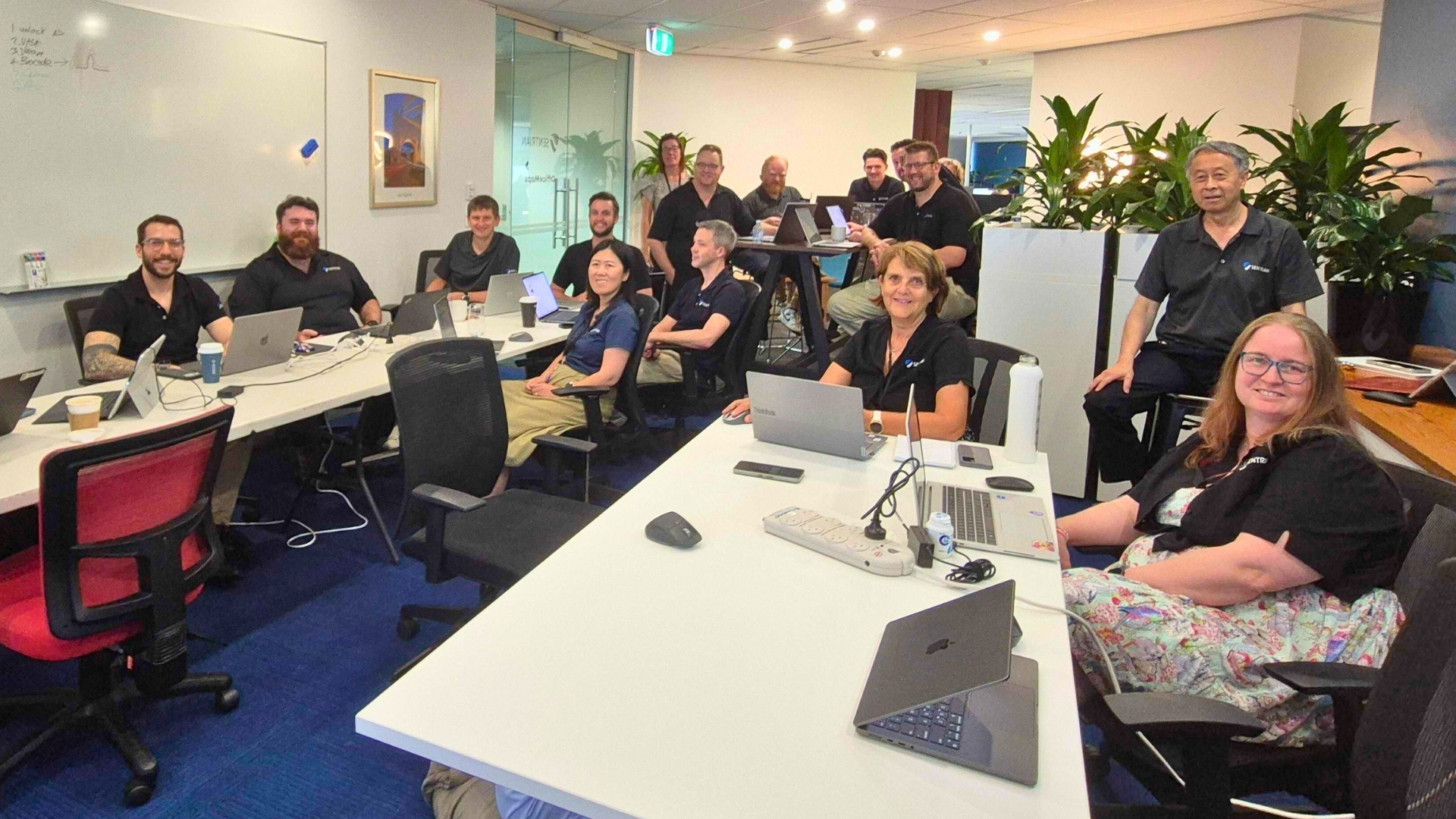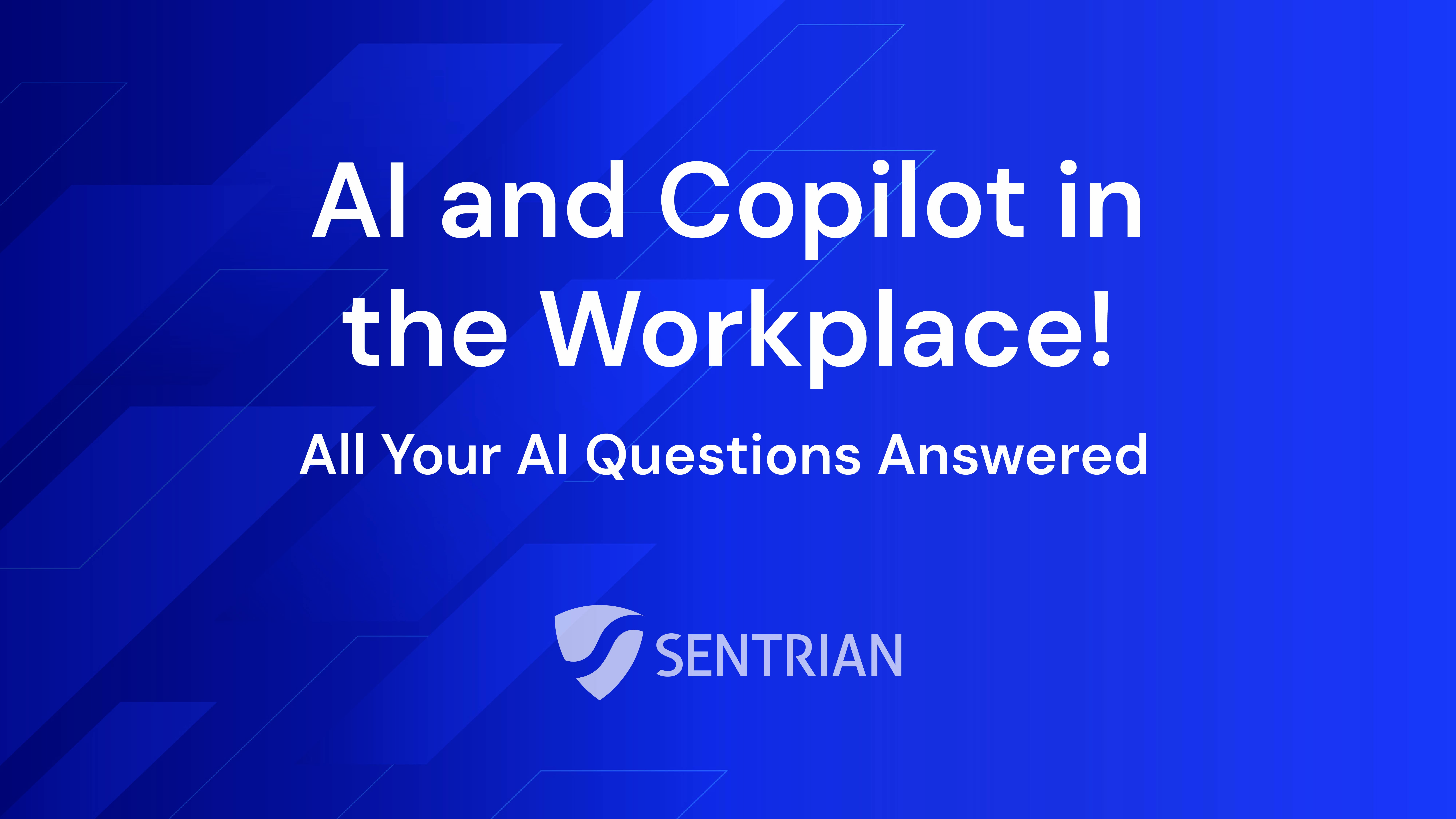As the business communication landscape continues to evolve, companies are increasingly turning away from clunky Telco services and adopting the latest virtual calling solutions, such as Microsoft Teams.
In a recent interview, two of our key team members, Robert Wilkinson, Head of Business Development, and Alex Roubin, Project Engineer, shared their experiences and insights on how Teams Calling is transforming our approach to communication. We’ve summarised the major points discussed in the video below for those who prefer reading over watching.
The Impact of Virtual Calling on Daily Operations
Virtual calling has significantly altered the way businesses manage their communication systems. No longer tethered to physical phone lines, companies can now leverage cloud-based solutions that offer greater flexibility and efficiency. As Robert explains, what used to require physical connections and hardware has been virtualised, allowing seamless integration into platforms like Microsoft Teams. This shift not only simplifies the infrastructure but also enhances the quality and reliability of calls, a critical factor in today’s remote work environment.
Challenges and Solutions in Adopting Virtual Calling
Transitioning to a virtual calling system is easier than people think. Rubin points out that many businesses are concerned about the complexity of integrating these new systems into their existing workflows. However, with the right support and customisation, these challenges can be easily overcome. The Sentrian technical team provides tailored solutions that ensure a smooth transition, from porting over existing numbers to integrating advanced features like CRM systems and call prioritisation. It helps we are also a certified Microsoft partner and Telstra wholesaler.
Large Cost Savings Possible
Rob Wilkinson mentions in the video the story of one client who saved 58% when making the switch which was monthly cash flow that's now retained within the business. In a competitive environment where firms are always looking for savings, the customer was very pleased.
New Features Most Don't Realise are Possible
Looking ahead, the future of virtual calling is bright, with continuous developments aimed at enhancing user experience and functionality. Sentrian customers are already exploring cutting-edge features, such as AI-driven call analysis, AI answering, call routing, real-time integrations into project management systems or sales CRMs, SMS integrations, call training repositories and more. Innovations that make virtual calling not just a replacement for traditional phone systems, but a superior alternative that offers advanced capabilities at a lower cost.
Upgrading to the Future
The shift to virtual calling represents a significant capability advancement in business communication for small to medium-sized firms, harnessing enhanced flexibility, cost savings, and functionality. For small businesses in particular, the ability to access enterprise-grade technology at an affordable price is a game-changer. We encourage you to watch the full video for more detailed insights and to reach out if you’re considering making the switch to Teams Calling.


.png)




